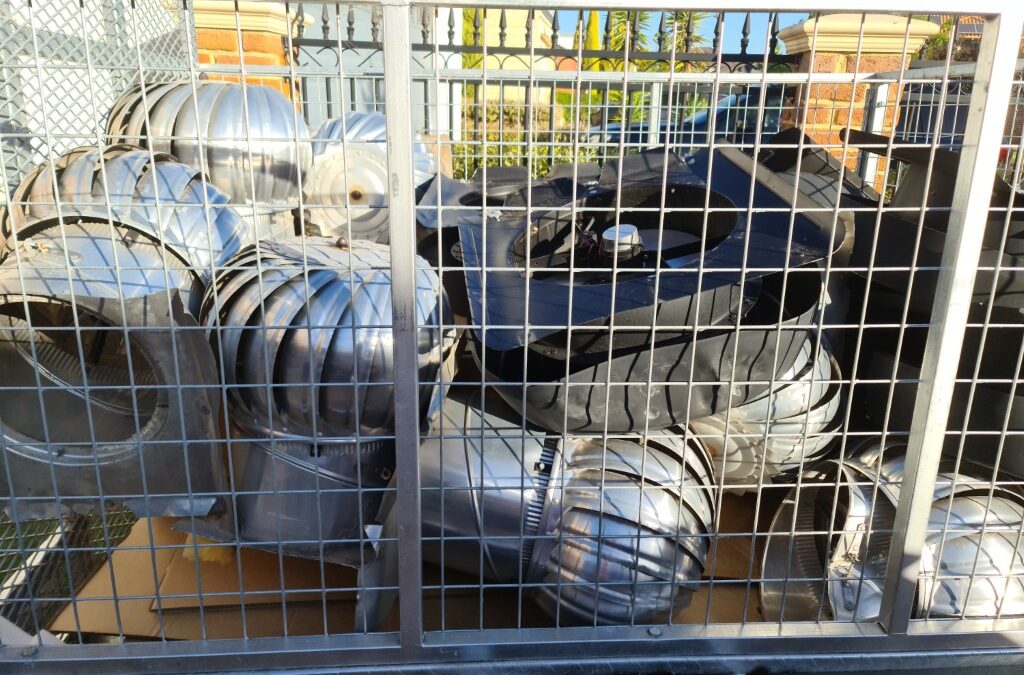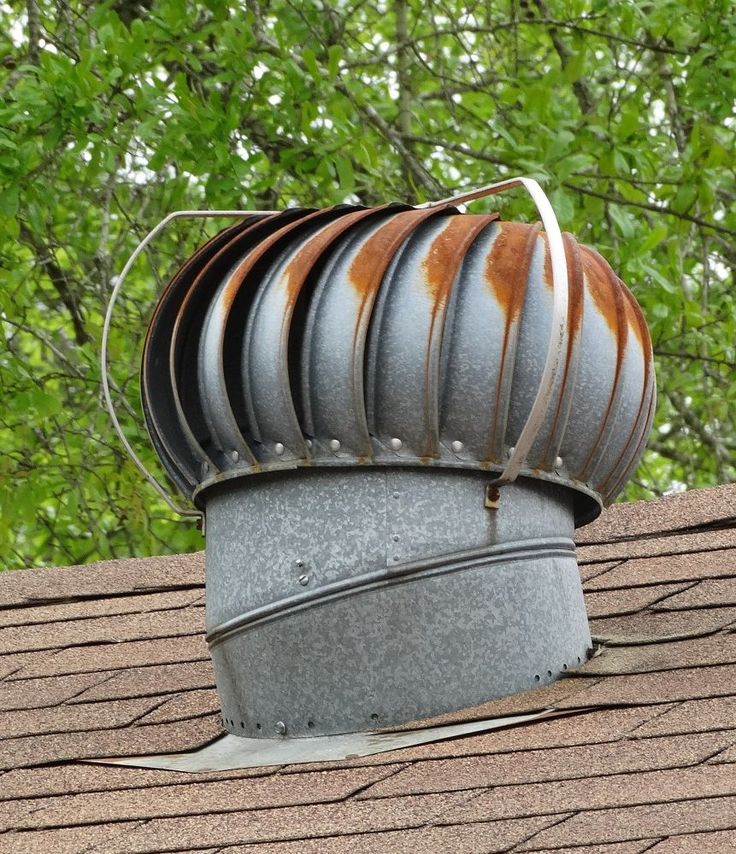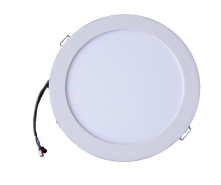Last Updated on June 19, 2025 by Solar Whiz
Whirlybirds, also known as turbine vents, can be beneficial in winter in Australia, but their effectiveness depends on specific needs and conditions.
Pros:
- Moisture Control: Whirlybirds help reduce condensation buildup by ventilating moist air from the roof space, which can prevent dampness and mould growth.
- Energy Efficiency: They operate without electricity, relying on wind power, which can help lower energy costs.
Cons:
- Heat Loss: Since whirlybirds continuously ventilate, they can lead to heat loss during winter, making your home colder.
- Wind Dependency: Because they operate using wind power, your whirlybird will likely be running when you don’t need it to; during cold, wet and windy weather. This will exacerbate heat loss from your home during cold and stormy winter days.
- Rust and Damage: Whirlybirds can be prone to rust and damage from severe weather conditions.
- Noise: They can be noisy, especially in strong winds.
- Debris Accumulation: The open design can catch debris, dust, leaves, and other foreign objects, which might require occasional cleaning.
Whirlybirds are marketed as a cost-effective and eco-friendly solution for home ventilation, but their efficiency is limited (the smallest solar whiz unit is 17x more powerful than a single whirlybird). Whirlybirds also depend on the wind to operate, which is not a good indicator of when your roof needs ventilating.
While they can offer some ventilation benefits, they are often not matched by the downfalls like heat loss during winter.
Why Solar Whiz Is a Smarter Choice?
-
Solar-powered roof ventilators like Solar Whiz provide consistent performance year-round—no wind needed. Their airflow can reach up to 2,300 m³/h, which is roughly 23× more powerful than a standard whirlybird.
-
Unlike passive systems, Solar Whiz can be equipped with optional smart accessories for even better control:
-
A thermostat lets you set the temperature at which the fan activates, preventing unnecessary heat loss during cooler periods.
-
A hygrostat detects and responds to humidity levels—ideal for managing roof space moisture during the cold, damp Australian winter.
-
-
These features allow Solar Whiz to respond to your building’s needs more precisely, giving you comfort, efficiency, and protection from mould and condensation.
-
They’re also quieter, require no maintenance, and are built for harsh Australian conditions—making them a smarter and superior long-term solution.
Whirlybirds might seem like a simple, sustainable solution—but are they actually effective in winter? And what should you use instead if they fall short?
Frequently Asked Questions
Are whirlybirds effective in winter?
Whirlybirds aren’t as effective or as smart as Solar Whiz in winter. Whirlybirds rely on heat convection and enough wind to spin, limiting their efficiency. With too much wind, they cause heat loss, making homes colder when ventilation isn’t needed. In contrast, Solar Whiz operates using a hygrostat to monitor and control moisture levels, ensuring optimal ventilation without causing unnecessary heat loss, regardless of weather conditions.
Can whirlybirds cause issues in winter?
Yes, in addition to heat loss, they can rust and be noisy during storms, requiring more attention in cold months.
Do whirlybirds need wind to work in winter?
Yes, whirlybirds work due to heat convection and wind. When there isn’t enough heat, they rely on wind power, which may cause unwanted ventilation during winter storms, leading to heat loss.
Will whirlybirds increase heating costs in winter?
Yes, by removing warm air, they can increase your heating needs, leading to higher energy costs.
What’s a better ventilation option in winter than whirlybirds?
Solar-powered alternatives like Solar Whiz offer more control and higher efficiency. Solar Whiz does not cause heat loss because it operates using solar power, which allows for controlled ventilation based on the system’s smart features like thermostats or hygrostats, rather than relying on constant airflow. Unlike whirlybirds, it only activates when necessary, ensuring you maintain warmth during colder months without unnecessary ventilation.





